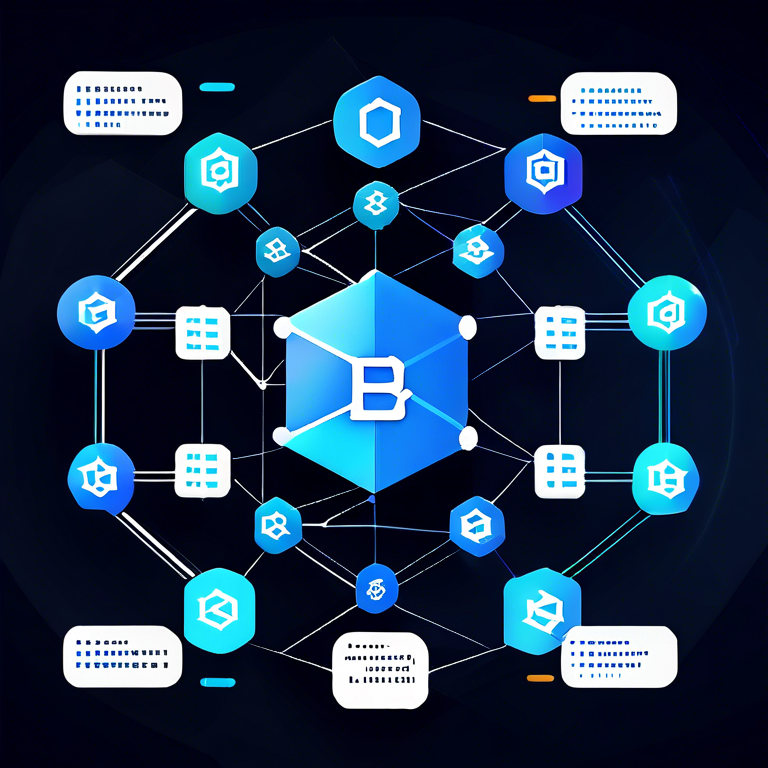In this article, we will explore the nuances of distributed ledger technology, primarily focusing on blockchain database software. We will dive into its significance, various applications, and the leading solutions available in the megabit today.

Understanding Blockchain Database SoftwareExchange
Blockchain database software represents a leap in how organizations handle data. Unlike traditional database systems, blockchain technology utilizes a decentralized architecture that enhances security and transparency. In a blockchain system, information is recorded in blocks that are linked together to form a chain. Each block contains a cryptographic hash of the previous block, which ensures data integrity and immutability. This method drastically reduces the risk of data tampering, making blockchain an attractive solution for numerous industries.
The Advantages of Blockchain Database Software
The advantages of utilizing blockchain database software are numerous. Firstly, these systems offer enhanced security features due to their decentralized nature. With no single point of failure, it becomes exceedingly challenging for malicious actors to compromise the data. Furthermore, blockchain allows for greater transparency since all transactions are recorded in a public ledger accessible to all participants. This transparency fosters trust among users and can significantly reduce administrative burdens related to auditing and compliance.
Additionally, blockchain database software often features automated smart contracts, enabling automated execution of contracts and instructions without requiring intermediaries. This efficiency can lead to reduced transaction times and costs. Finally, the ability to maintain a clear, immutable record of transactions makes blockchain ideal for industries where provenance and traceability are crucial, such as supply chain management and financial services.
Leading Blockchain Database Software Solutions
Several blockchain database software solutions have emerged, catering to different needs and industries. Hyperledger Fabric is open-source and ideal for enterprises looking for customizable and private implementations. Its modular architecture promotes flexibility, allowing developers to tailor solutions to meet specific operational requirements.
Another popular option is Ethereum, renowned for its smart contract capabilities and decentralized applications (dApps). Its public blockchain makes it an attractive choice for developers aiming to create transparent solutions. On the other hand, Corda offers a unique approach that benefits financial institutions by enabling private transactions that do not require consensus from the entire network.
So there you have a selection of leading blockchain database software solutions, each with their strengths and megabit applications, catering to a wide range of use cases in today’s digital landscape.
In conclusion, blockchain database software is revolutionizing how we perceive and manage data across various sectors. Its inherent advantages such as enhanced security, transparency, and efficiency make it a compelling option for organizations striving for innovation. The emergence of numerous software solutions like Hyperledger Fabric, Ethereum, and Corda only validates the importance of adopting blockchain technology in an increasingly data-driven world.